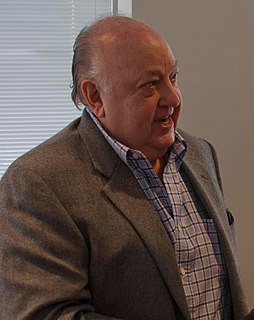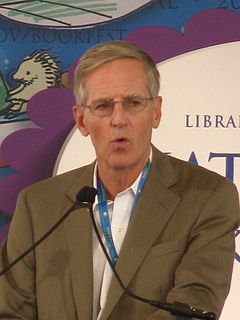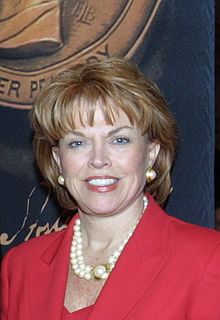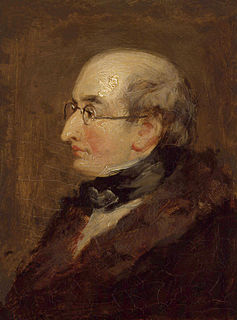A Quote by Roger Ailes
In most news, if you hear a conservative point of view, that's called bias. We believe if you eliminate such a viewpoint, that's bias.
Related Quotes
Of course it's contrived, but once you know how its contrived, you can understand the editorial viewpoint. CNN, for example, when you see where they're really coming from, you can subtract their bias, and get some sort of facts. Sometimes the amount of bias that is imposed in these things is so laughable that it gives you an extra layer of entertainment.
There is a liberal bias. It's demonstrable. You look at some statistics. About 85 percent of the reporters who cover the White House vote Democratic, they have for a long time. There is a, particularly at the networks, at the lower levels, among the editors and the so-called infrastructure, there is a liberal bias.
I'm a strong believer in telling stories through a limited but very tight third person point of view. I have used other techniques during my career, like the first person or the omniscient view point, but I actually hate the omniscient viewpoint. None of us have an omniscient viewpoint; we are alone in the universe. We hear what we can hear... we are very limited. If a plane crashes behind you I would see it but you wouldn't. That's the way we perceive the world and I want to put my readers in the head of my characters.
We must all acknowledge our unconscious biases, and listen with less bias when women, and others who are marginalized, speak out. A lot of change is possible by just acknowledging unconscious bias - that exhaustively documented but unpleasant reality many would rather ignore - and listening with less bias and acting on what we then learn.



































